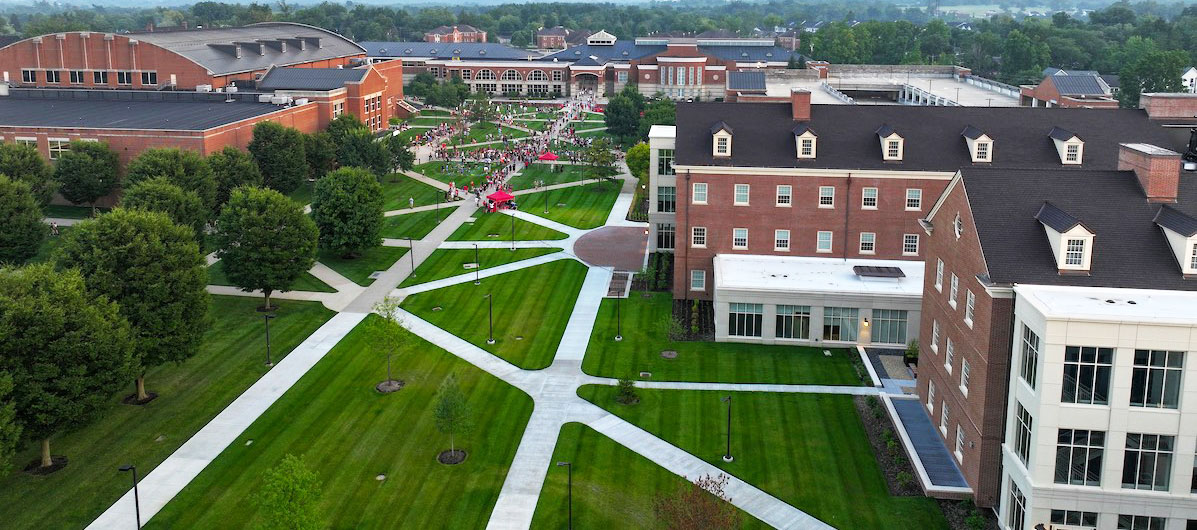Systems
Starting with the creation of a standing committee on mental health and well-being, we recommend foundational systems, organizations, and policies that will keep the mental health and well-being of our community a visible priority over time. This category also includes specific actions by offices at Miami to support an individual’s mental health and well-being.

